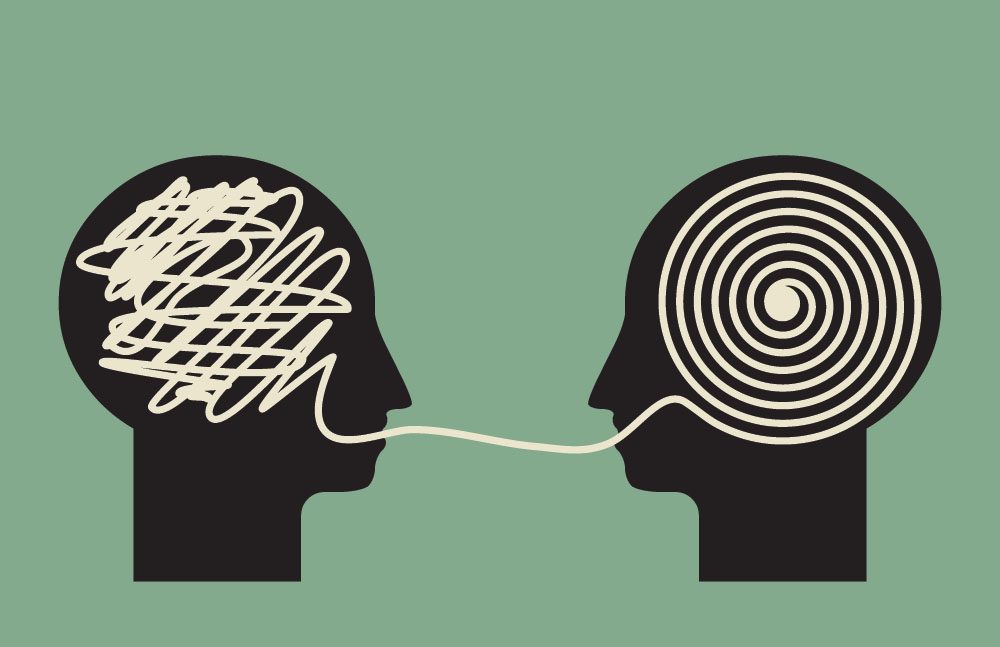We live in a social media world. It goes without saying that social media is a huge part of our lives today, taking up a lot of our time and attention. Like everything else, this phenomenon passes through the lens of pros and cons. Social media has led to the deterioration of one’s mental peace in some cases - like the number of stories/news pieces we come across each day about individuals being subjected to trolling, meme-ification, harsh comments and shaming. It’s also the source of mindless scrolling, and an unnecessary need to stay relevant or catch up on endless and mindless trends.

Now, let’s set aside the negativity and focus on the pros of social media. It has been a boon in many ways as well. It lets you into the lives of millions of people by viewing their videos, reading their stories, being inspired by people you’ve never met, learning new things, feeling happy for a stranger’s achievement, expressing sorrow for their suffering or loss. Our minds go through a range of varying emotions on the basis of our content consumption.

The year 2023 also threw a new mental health trend called ‘brain flossing’ or ‘cerebral cleansing’; another social media trend, but for the wellness of the mind. The idea of mind flossing or cerebral cleansing involves clearing away your thoughts, just like dental flossing works. It involves getting rid of unwanted stimuli and helps to keep one’s mind clear.

Brain flossing includes taking part in exercises or activities explicitly intended to purge the brain of mental mess, stress, and negative contemplations. While the trend has an association with 8D audio that creates the sensation of sounds moving around the listener’s head, consultant psychiatrist and counselling therapist Dr Ruhi Satija advises that different things work for different people. So, it is important to listen to one’s own mind and body and figure what works best for them.
Dr Ruhi suggests a few methods that can aid in brain flossing.
Mindful contemplation: Concentrate on your current thought, focus on things without drawing any judgement, and develop a feeling of internal quiet.

Meditation: Take a few minutes out in a day to let your mind wander naturally. Take deep, deliberated breaths while you are at it. Play small games such as being still and focusing on elevator buttons changing on the screen, counting the vehicles around you while stuck at a signal, etc. The motive here is to work on not engaging in any thoughts that are going through your mind.

Music: Music is said to boost the brain’s production of dopamine, a hormone that helps relieve feelings of anxiety and depression. Different emotions can be evoked by different kinds of music, such as being attentive and vivacious or relaxed and tranquil.
Break-time for the brain: Make it a practice to be still, mindful and ensure that you are not being dragged mentally through the day. Choose where and what you need to put your attention to and give the brain regular attention breaks.

Brain offloading dock: Creating a mental health routine where you spend time in some form of relaxation and awareness of your thoughts – this is essential for one’s overall well-being. Start with a simple routine such as writing down your thoughts before going to bed or beginning your day by filtering your thoughts.
Fundamentally, brain flossing is tied in with making mental space, similar to clearing the reserve on a computer system to improve its performance. It’s a much-needed exercise for one’s psychological well-being and keeping up with our mental health amidst our fast-paced lives. So, along with dental floss, don’t forget to include mental flossing in your routine as well!